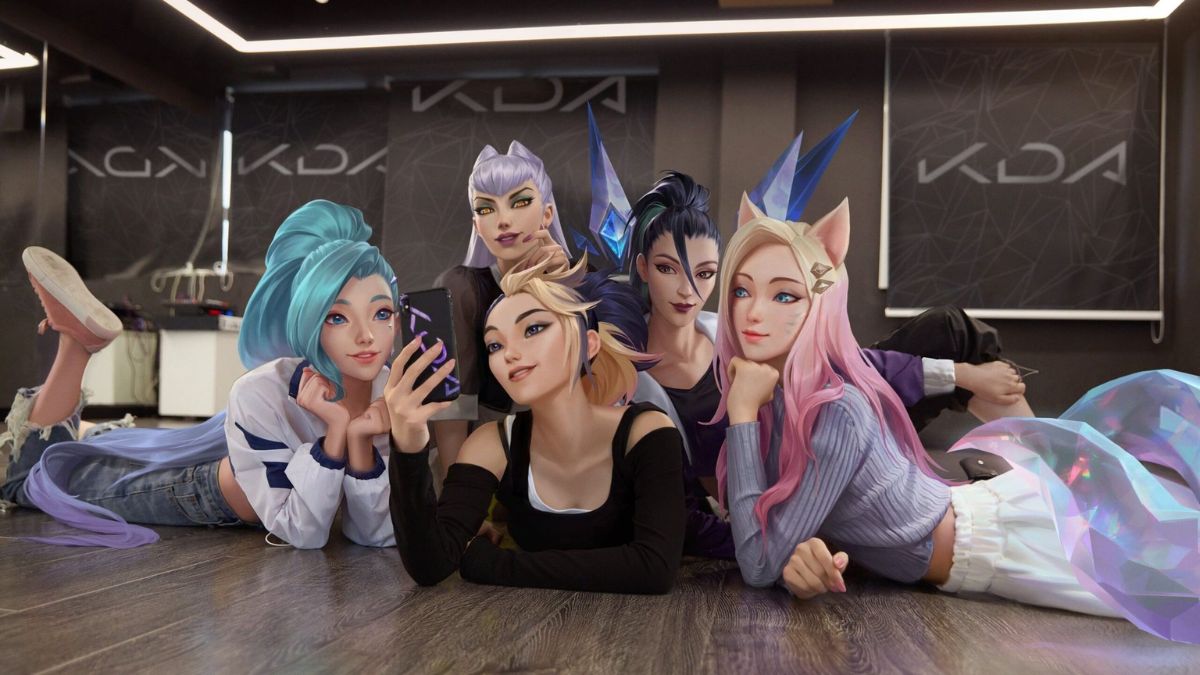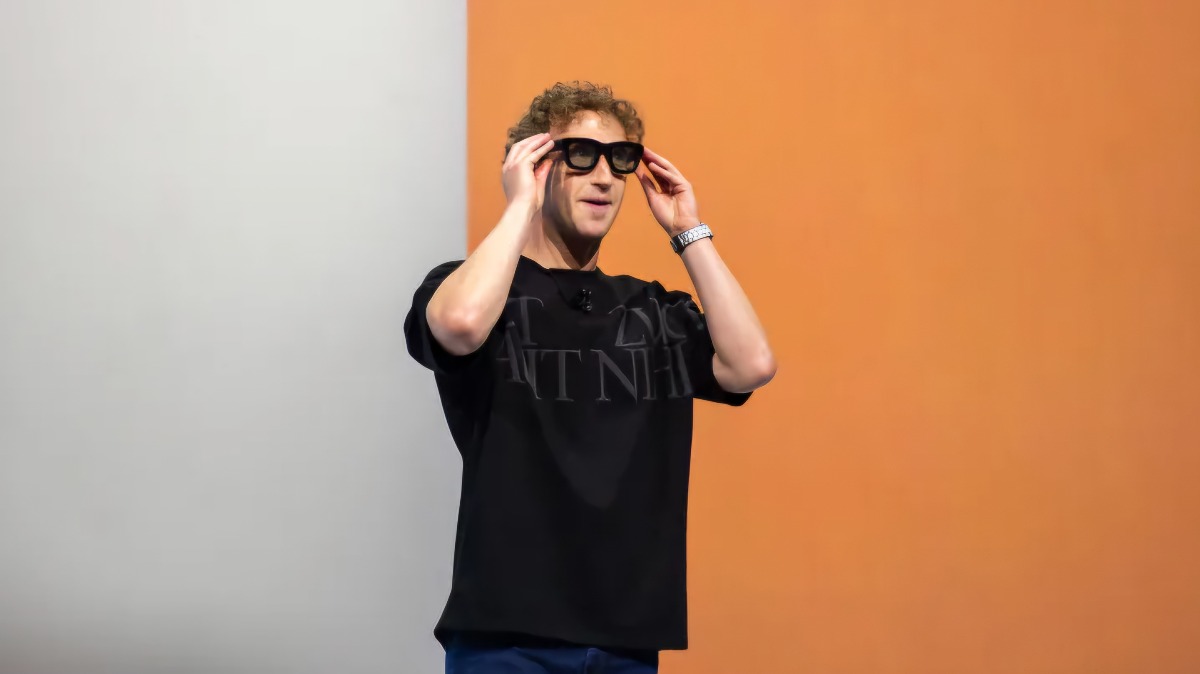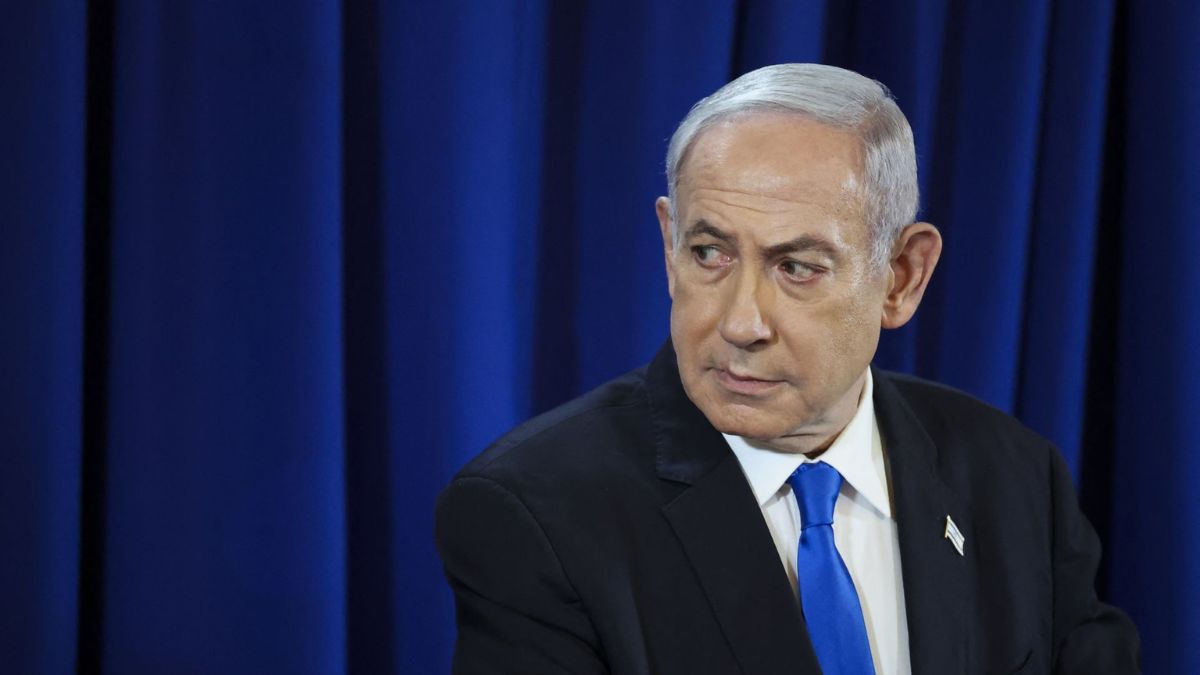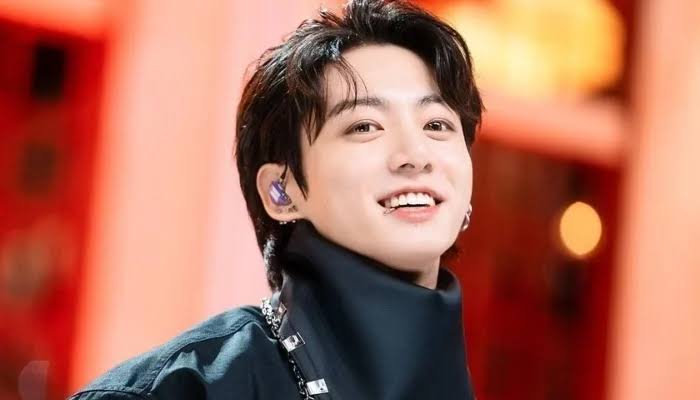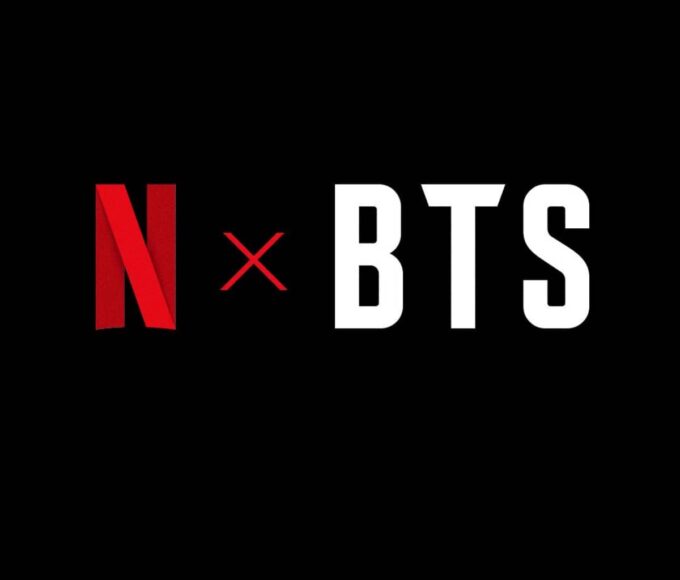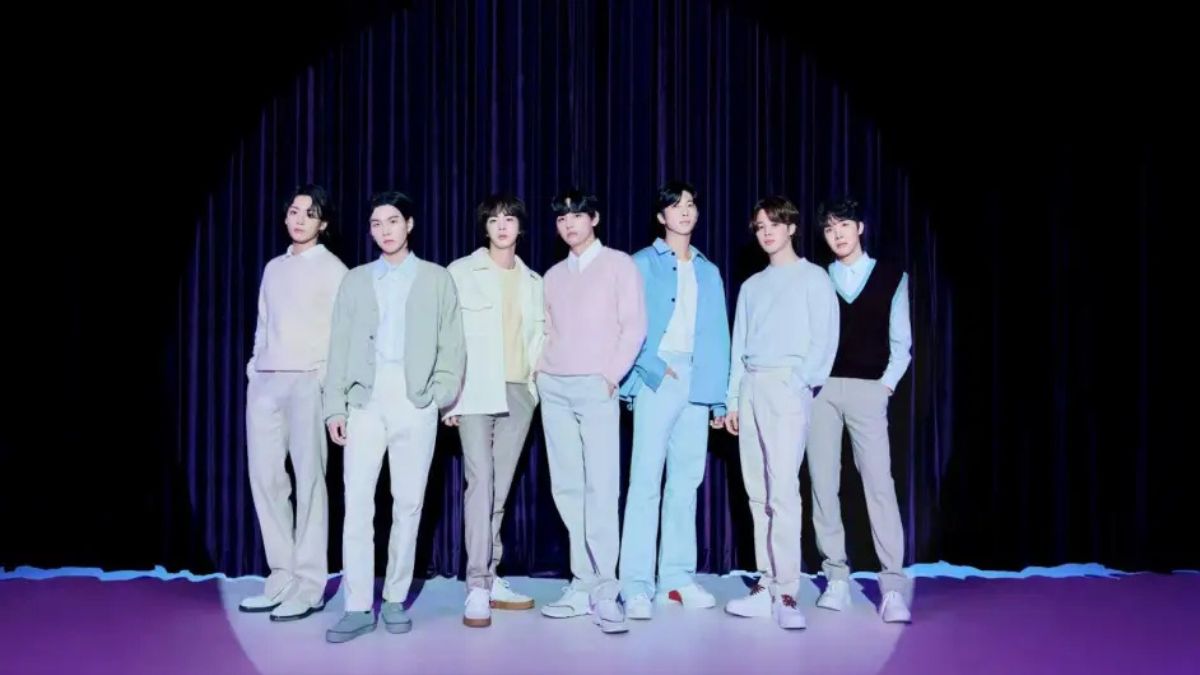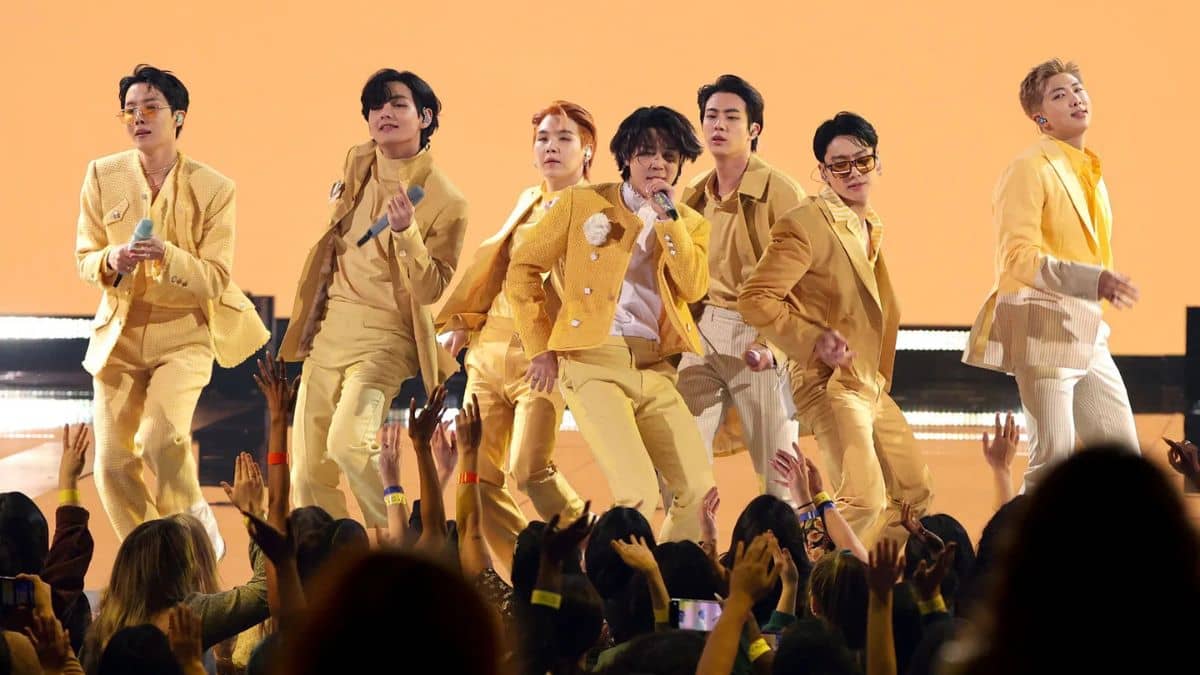Netflix’s animated film KPop Demon Hunters has propelled fictional K-pop groups Huntrix and Saja Boys into international attention. But long before these digital bands reached global charts, Riot Games’ League of Legends introduced its own virtual girl group, K/DA.
K/DA debuted in 2018 during the League of Legends World Championship opening ceremony in Incheon, South Korea. The group, composed of in-game champions Ahri, Akali, Evelynn, and Kai’sa, was voiced by real-world artists, including Madison Beer, Jaira Burns, and members of K-pop group (G)I-dle, Miyeon and Soyeon.
Their debut single, Pop/Stars, topped Billboard’s World Digital Song Sales chart, reached number one on K-pop charts, and went viral on YouTube with more than 100 million views in its first month. The song later became the first by a fictional K-pop group to earn a platinum certification.
Originally conceived as a one-off project, K/DA gained a lasting following. In 2020, Riot released a five-track EP, All Out, and performed again at the Worlds opening ceremony using augmented reality. Although the tracks did not match the viral success of Pop/Stars, the EP performed strongly on streaming platforms, confirming K/DA’s success as a virtual act.
Riot has since experimented with other fictional bands, including the hip-hop group True Damage and the boy band Heartsteel. The rise of KPop Demon Hunters has reignited interest in K/DA, with fans sharing mashups, artwork, and comparisons online.
A key difference between the groups is that K/DA exists outside the game world, performing live shows and engaging with fans, whereas Huntrix and Saja Boys remain part of the film’s narrative. Despite this, Huntrix has already surpassed Blackpink on U.S. Spotify charts, and Saja Boys have overtaken BTS and Stray Kids, suggesting that Netflix could expand them into real-world virtual bands.
The success of K/DA and now KPop Demon Hunters demonstrates that fictional K-pop groups can thrive beyond their original media, signalling a growing trend for virtual idols in the music industry.


